Why dUpgrade to Premium
Hi {{first name|embedded finance friend}}
who said the summer would be quiet? For the second time, I have to push a podcast episode and some stories because there is so much other stuff to cover.
Additionally, I decided to record a podcast episode specifically for a big news story. Similar to the UniCredit acquisition of Vodeno two weeks ago. This time, it is the decision from Swiss retailer Coop to shut down it’s banking product (you can find story and podcast below).
Maybe the rest of August will be a bit more quiet and I can use the material I have in my drafts. But I wouldn’t mind if it continues to be busy like this :-)
Lastly, a big thanks to reader Dirk who suggested to add more images and a fun-fact section to make the newsletter “a little bit less dry” (my words). I wasn’t really able to find a lot of embedded finance related fun-facts, but I included a new “Did you know” section where I am sharing small insights from our ecosystem. Maybe I will find some funny ones too?
What do you think about these changes? Please use the survey at the end to share your thoughts.
And now let’s dive in 👇
Advertisement
The peer group you’ve been waiting for.
The most successful people surround themselves with incredible talent. But today, it’s hard to find those people and facilitate the meetings. That’s why we built Sidebar - small groups of peers, facilitated by experts, that give you the advice you need now. No more sifting through blogs or scrubbing podcasts. Get the insights you need from incredible people like you, so you can get back to crushing your goals.
93% of users say Sidebar has been a game-changer.
Why did Swiss retailer Coop shut down its banking offering? (+ Podcast episode)
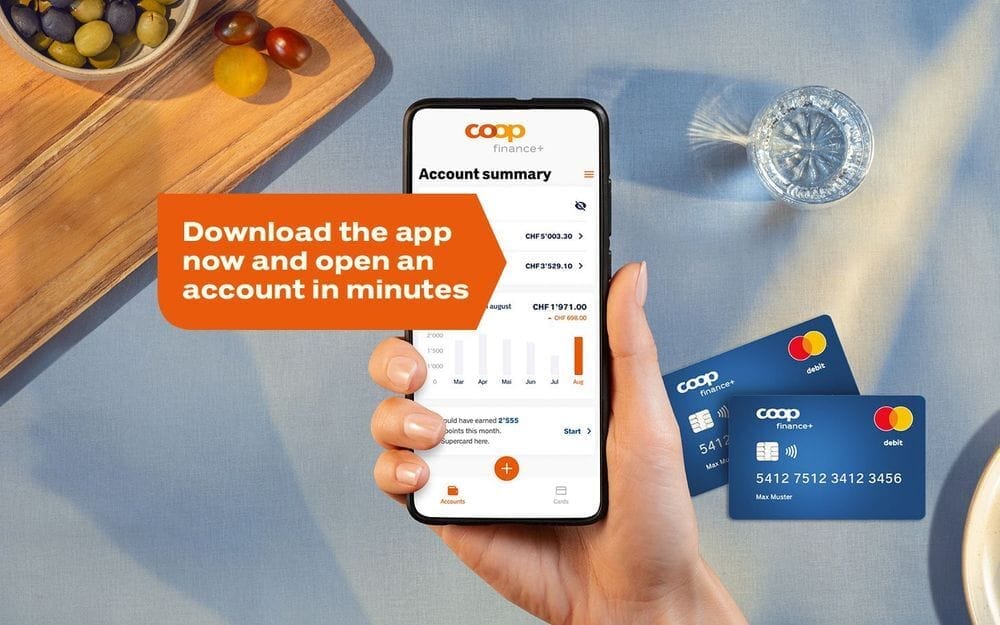
Just nine months after its launch announcement, Swiss retail giant Coop announces that it is shutting down its banking product (Finews). The news was a surprise because:
- Nine months is rather a short time for retail giant to get relevant insights
- The announcement in October 2023 made it appear that Coop is pretty confident in its financial service plans
- Coop shared a number of partners (incl. insurances) whose products were never being launched
On the other hand, the announcement was not a surprise, because:
- The product was hardly ‘embedded’, but rather a stand alone banking offering
- It is never easy to build an embedded finance product, but retailers face a number of challenges
- There was little to no progress in adding new financial products besides the bank account and card offering.
Overall, it seems that the move to re-enter the world of financial services was either not well planned or commitment from top level management was not in place or has shifted (Money Today; German).

You can find the retail focused embedded finance podcast on Spotify, Apple Podcasts and other platforms.
ClearBank receives Dutch bank licence
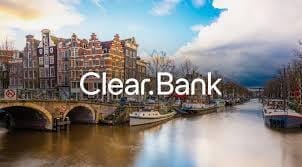
British ClearBank has announced that it has received a banking licence in the Netherlands (ClearBank). ClearBank is an infrastructure provider that offers clearing and banking infrastructure services to fintech companies and non-financial brands. With the Dutch licence, ClearBank will be able to passport this licence to other European countries and extending their footprint further. The number of banking infrastructure providers in and outside the EU has been growing substantially over the past few years. However, what sets ClearBank apart is the banking licence and direct access to payment rails. Except Solaris, Vodeno and SEB, all other providers in the EU rely on an e-money licence. While an e-money licence is sufficient for an IBAN and card offering, it does not allow to provide lending or interest bearing accounts. Lending and interest bearing accounts are not always required for every use-case, however, they are often crucial for the financial success of a new embedded finance venture. However, ClearBank does not offer any kind of lending products in the UK, but this is likely going to be different in the EU.
Overall, ClearBank has been extremely successful over the past few years in the UK, being ranked as the 14th fastest growing company in 2022 in the UK. Their expansion to the EU was long awaited and their embedded finance offering is likely a good fit for medium to large sized companies in the EU.
Report on embedded finance and banking-as-a-service
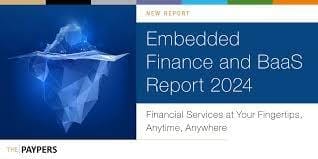
The Paypers published the 2024 edition of their industry report (The Paypers). What stood out for me was the evolving maps of infrastructure providers that enable non-financial brands and fintech companies to build and launch banking, payment or lending products. Each provider has their unique approach and making the journey for brands and customers slightly different, therefore, addressing the evolving needs of companies.
Unit empowers two more US banks to enter embedded finance; who is doing the same in Europe?
The US embedded banking provider Unit announced that it has signed two more US banks as partners for their direct-to-bank product offering (Fintech Futures). If you have been following the US banking-as-a-service industry, you are likely aware that the various consent orders from the regulator requires banks to have a stronger oversight in their relationships with fintech companies and non-financial brands. In the years before that, most unregulated technology providers (like Unit) had various partner banks included in their offering. But in this tri-party setup, banks outsourced too much of their work to the technology companies, leaving the banks unknown about the exact risks and compliance issues. With Unit’s new product, these banks are now empowered to control more and have better insights. Previously, Unit’s competitor Treasury Prime has announced a pivot to fully focusing on their direct-to-bank offering.
Clearly, the markets in the US and Europe are different and the absence of an e-money licence makes US banks a crucial partner in many fintech offerings. That being said, European banks have a big opportunity within embedded finance but so far only a few bold ones (namely UniCredit acquiring Vodeno, and SEB building an in-house solutions) are making big waves. Thats what made me wonder, do we need additional type of providers in Europe to bring more banks into embedded finance? Please share your thoughts or company names who do that today already.
Amazon launches cobranded credit card in Germany and the UK
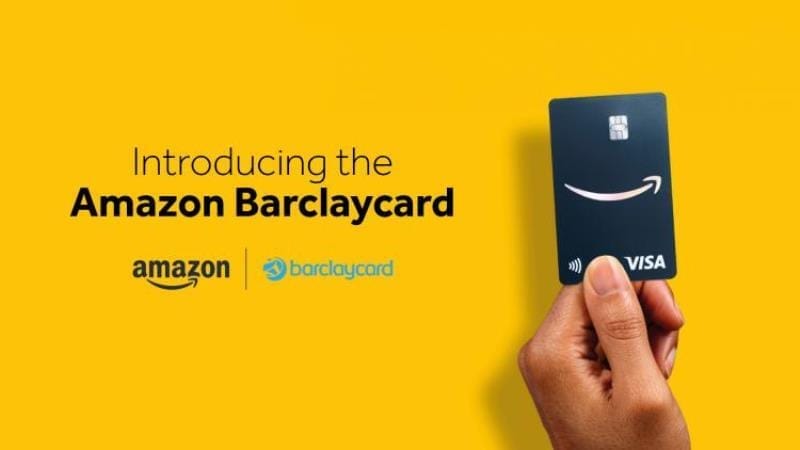
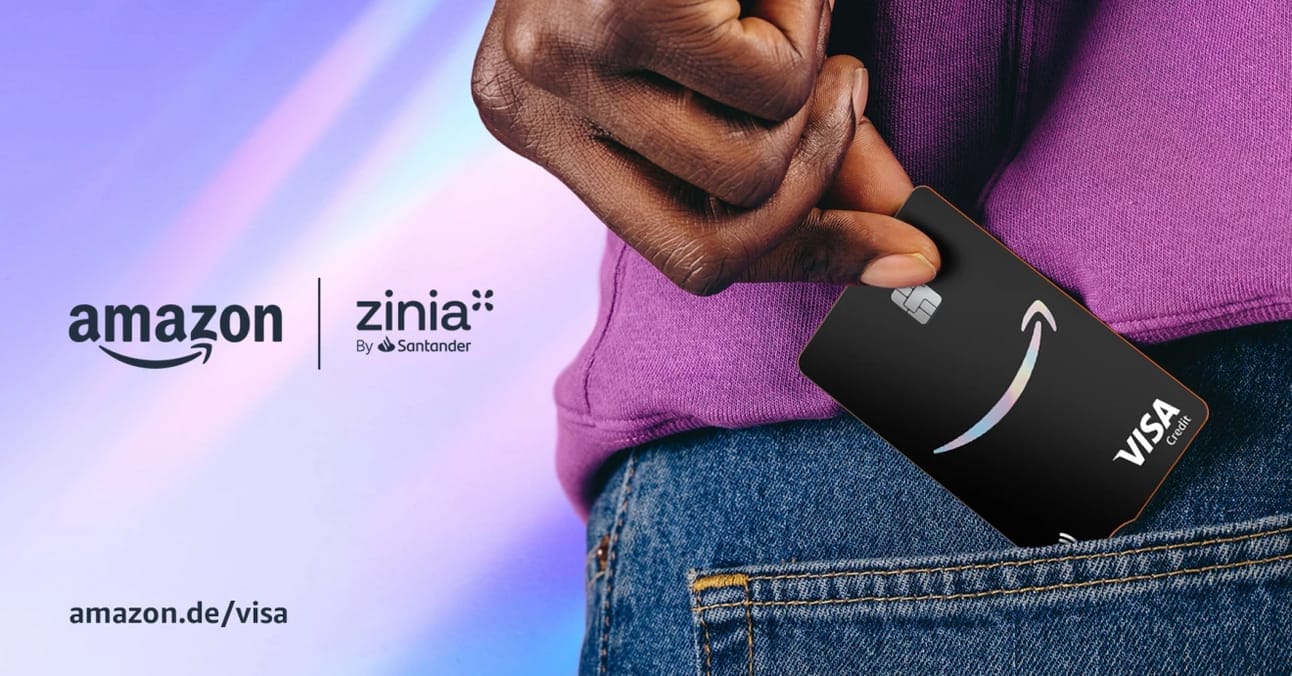
Yesterday was Amazon’s big day to announce the launch of two new co-branded credit cards. In the UK, Amazon partnered with Barclays (Finextra) and in Germany the e-commerce giant partnered with Santander’s Zinia (Finextra). The two offering look more or less identical. A free Visa credit card with a cash back feature for purchases at Amazon (1-2%) and outside of Amazon (0.5%). And the similarities don’t stop there. The choices for Barclays in the UK and Santander in Germany are likely not the only area where Amazon partners with the banks. Barclays is already Amazon’s BNPL partner and Zinia is most likely the partner of choice for Amazon’s BNPL product in Germany and other European countries. This would make the deal financially more interesting for Amazon’s bank partners. In Germany, Amazon was struggling to find a bank to replace its previous partner LBB, which was likely caused by the low margin of such products and high demands from Amazon. Adding BNPL in multiple countries to the partnership was likely helpful signing the deal.
From the community: Consumer lending startup searches for cofounder
A good friend of mine is building a consumer lending product for migrants. He is based in Berlin and has secured initial funding. He is now looking for an experienced cofounder ideally with a background in fintech operations. The nature of the startup is very international so the cofounder does not need to be based in Berlin. Please reach out if this sounds appealing to you and I will connect.
Did you know…?
That IKEA is (according to my research) the only non-financial brand with an embedded finance offering in four continents. The Swedish furniture giant is offering a mix of insurances (i.e., household and liabilities), lending (consumer loans, BNPL) and cards (co-branded consumer cards). IKEA typically partners with local banks or insurance companies, and not all products are available in each market. They offer at least one embedded finance product in Asia (i.e., Malaysia, Thailand and Singapore), Europe (at least nine countries), North America (USA, Canada) and Australia.
Somebody forwarded you this email? Subscribe for free.
Are you planning to start your own newsletter? Check out Beehiiv and get 20% off.








